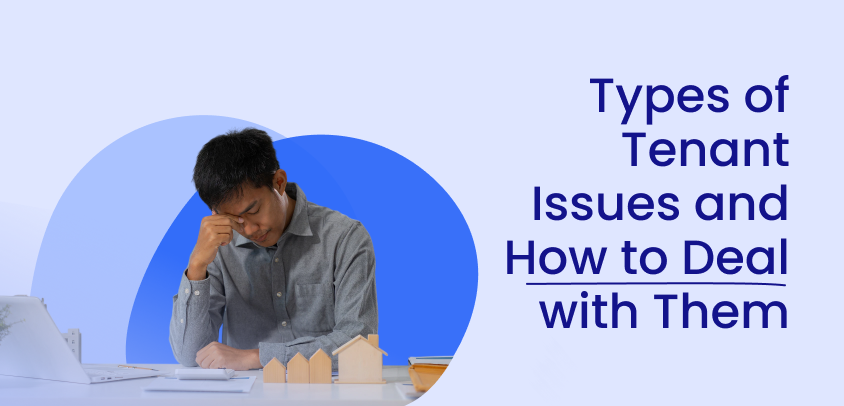By Team hovee Rent
August 21, 2025 · 5 min read
Introduction :
The rise of short-term rentals, powered by platforms like Airbnb and other vacation rental sites, has reshaped the housing market across cities worldwide. While short-term stays offer flexibility, higher rental income for owners, and convenience for travelers, they also raise important questions:
How do they impact long-term tenants?
From rising rents to reduced housing availability, the effects are becoming more noticeable. Let’s dive deeper into the implications.
1) Rising Rental Prices :

One of the biggest consequences of the short-term rental boom is the surge in housing costs.
- Higher profits for owners: Property owners often earn two to three times more by renting short-term rather than committing to long-term leases. This naturally pushes many owners to prioritize short-term tenants.
- Reduced affordability: With fewer homes available for long-term renting, demand outweighs supply. As competition among long-term tenants grows, monthly rents increase, sometimes pricing out middle-income families and young professionals.
- Disproportionate impact on locals: In tourist-heavy areas, locals face inflated rents because owners prefer short-term visitors willing to pay a premium. This creates financial stress and limits affordable housing options for permanent residents.
2) Limited Housing Availability :
The housing supply crunch is another major impact.
- Conversion of properties: In popular cities, a large percentage of housing stock is being converted into short-term rental units. Instead of being available to families, students, or working professionals, these homes are now geared towards vacationers.
- Push towards city outskirts: As central neighborhoods shrink in availability, long-term renters are forced to move to suburban or less connected areas, adding commuting challenges.
- Vulnerability in housing security: Tenants who might once have enjoyed a stable, multi-year rental arrangement now face greater uncertainty and difficulty in securing long-term leases.
3) Changing Neighborhood Dynamics :

Short-term rentals don’t just affect rent prices, they change how communities function.
- Constant turnover of residents: Instead of stable neighbors, long-term tenants may find themselves surrounded by new, short-term visitors every week. This breaks down the sense of community and belonging.
- Noise and disruptions: Short-term renters, often on holiday, may treat the property like a hotel leading to noise, overcrowding, or misuse of shared facilities, which affects permanent residents’ quality of life.
- Lack of accountability: Unlike long-term tenants who invest in maintaining their surroundings, short-term occupants may not care about property upkeep or neighborhood norms, leaving communities feeling unstable and less safe.
Final Thoughts :
Short-term rentals undoubtedly offer benefits for travelers and property owners, but the ripple effects on long-term tenants cannot be ignored. Rising rents, reduced availability of stable housing, and changing neighborhood dynamics are pressing issues that need thoughtful solutions. For a balanced housing market, regulations and fair practices must be in place to ensure that long-term tenants are not sidelined. At the end of the day, a healthy rental ecosystem is one where both short-term and long-term needs can coexist without sacrificing affordability, stability, or community.
Happy Renting !!!
Ready to find your perfect space?
Check out the latest listings on www.hoveerent.com or download the app to begin your search.
More for you to Read :
- How to find apartments for rent in Chennai ? (5 min read)
- Safety tips for Women renters (5 min read)
- How to find reliable tenants for your property ? (4 min read)

 Tenant
Tenant
 Owner
Owner




